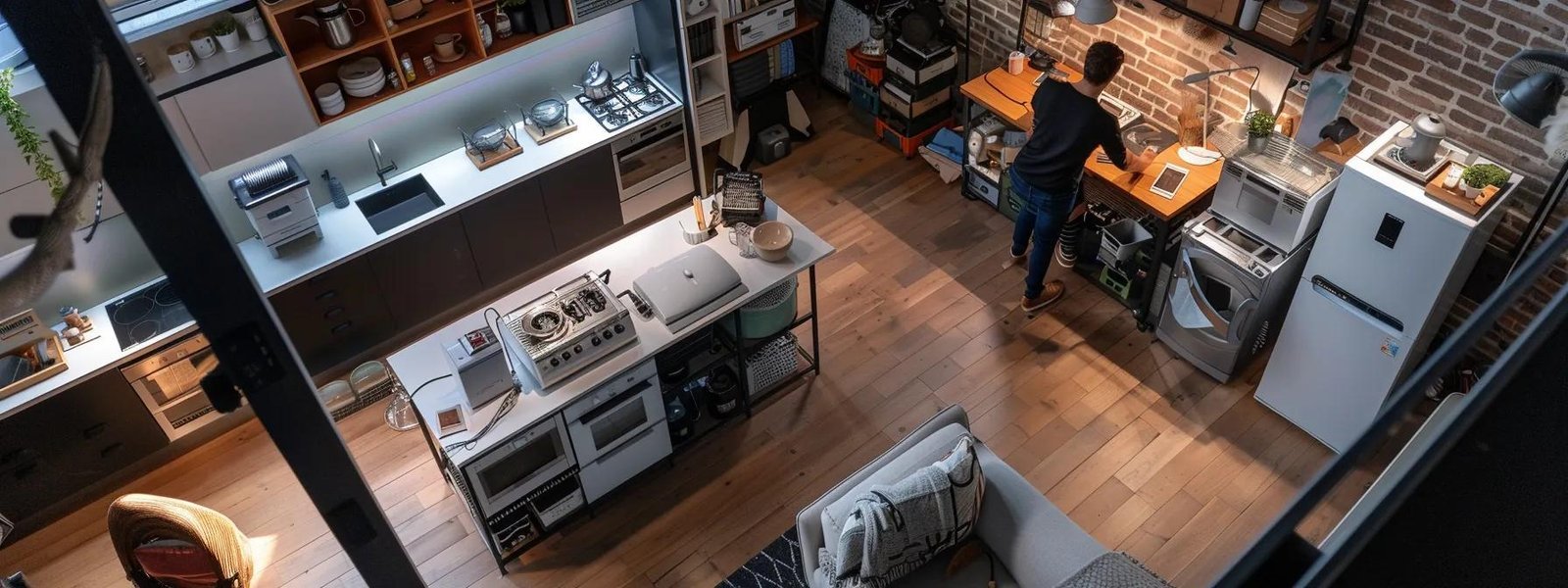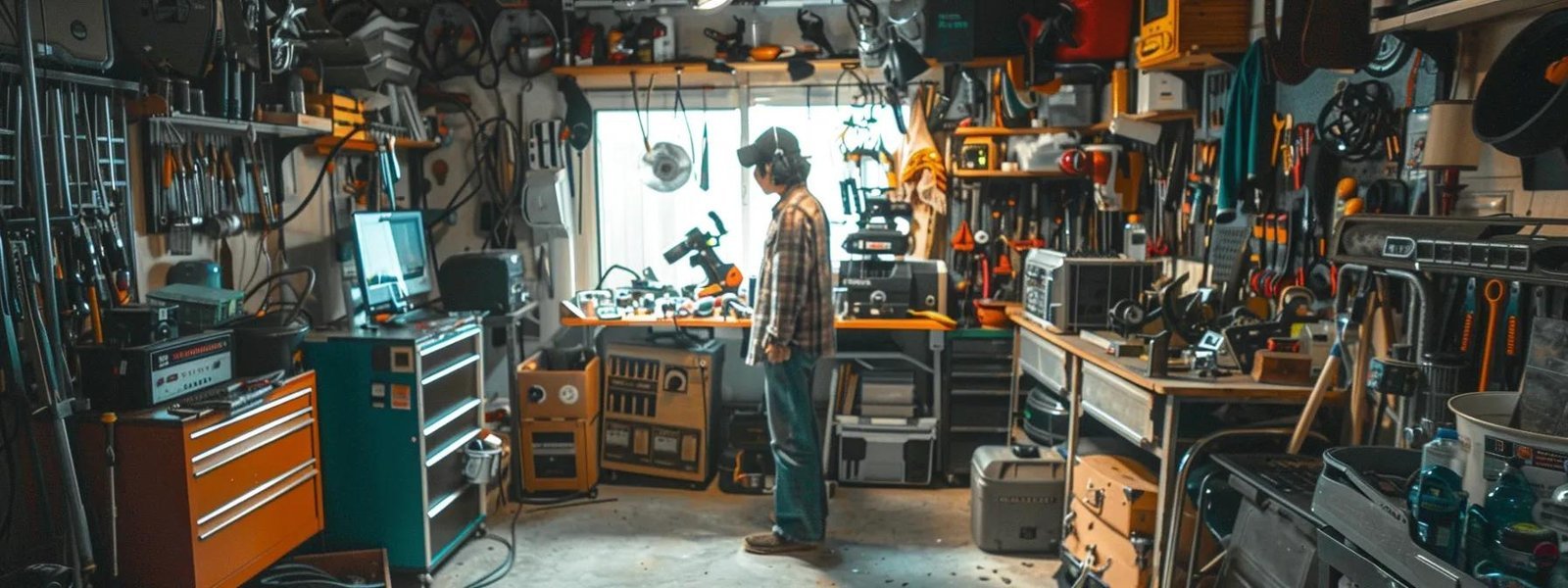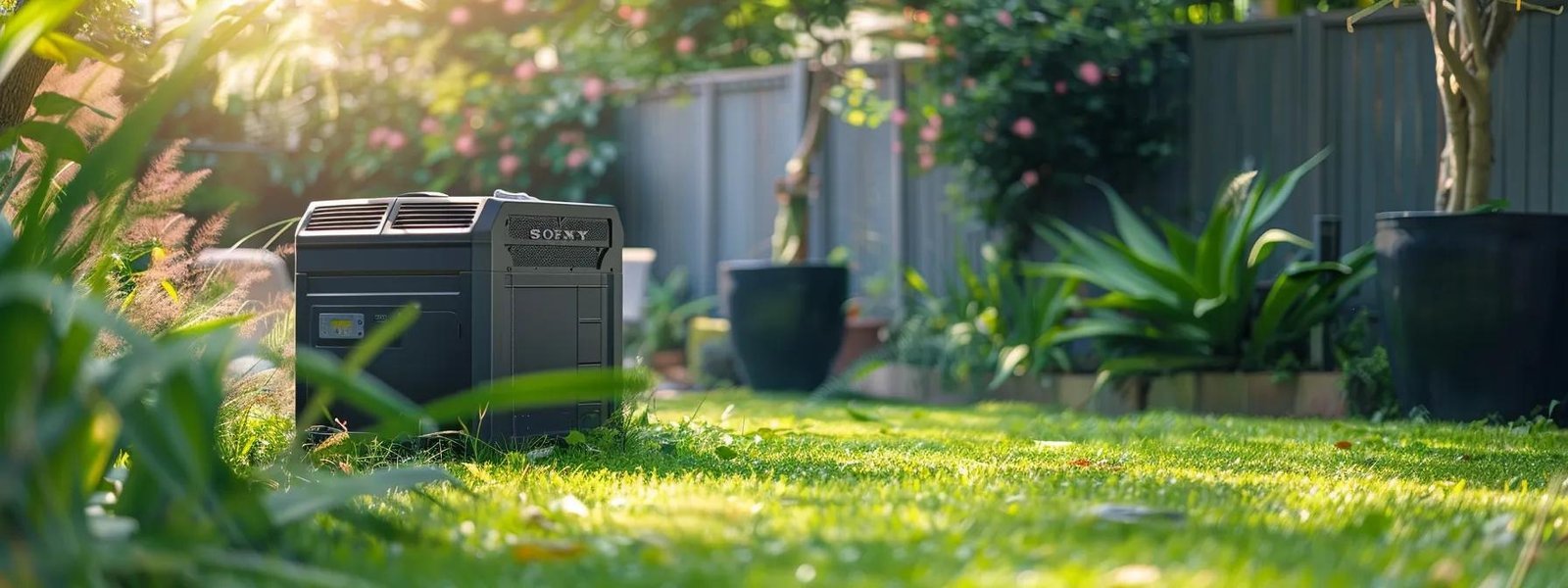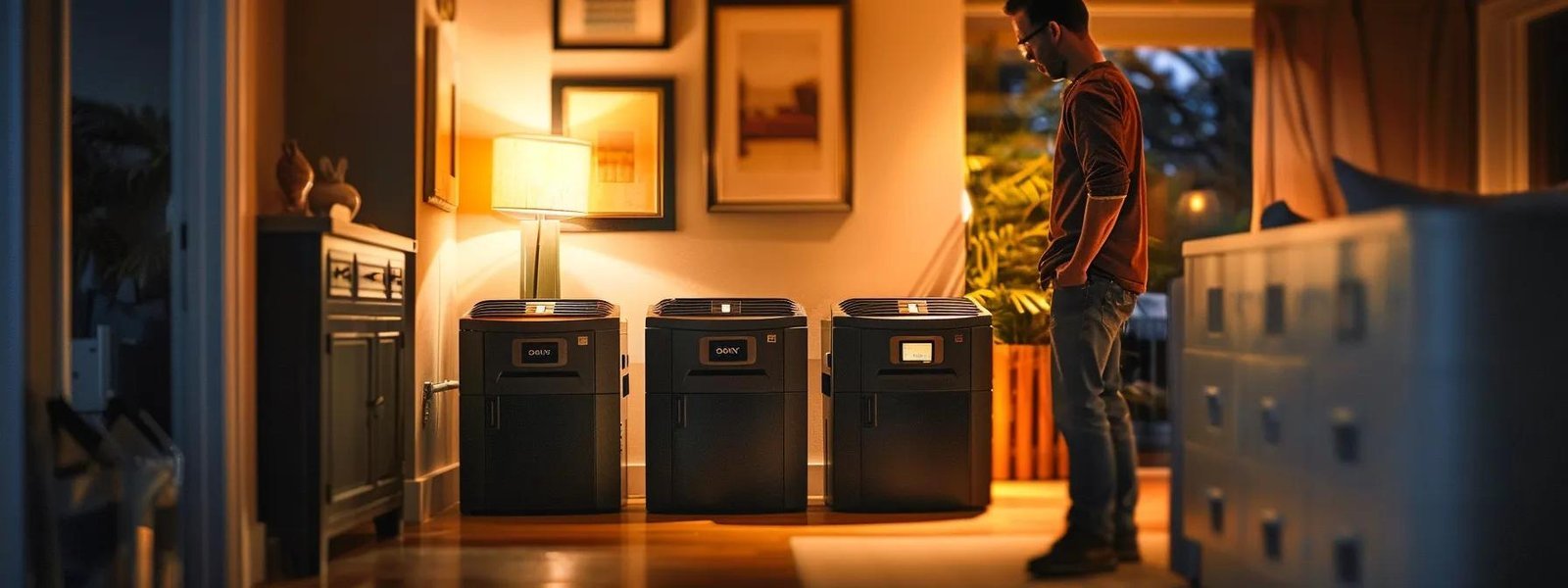
Choosing the right generator for your home can be challenging, especially when considering your electrical diagnostics needs. Many homeowners underestimate their power requirements, risking outages that can affect essential systems like your furnace or sump pump. This guide will help you evaluate your home’s power needs, explore different types of residential generators, and calculate the ideal generator size. By understanding these key points, you will ensure that your home stays powered during outages, providing peace of mind and comfort for you and your family.

Choosing the wrong generator size can lead to significant risks, including overloading the engine or insufficient power supply. A well-sized generator enhances home safety by ensuring proper voltage through electrical diagnostics and compatibility with the transfer switch and circuit breaker. This section will explore the dangers of incorrect sizing and the advantages of selecting the right generator, including its integration with solar power systems.
Choosing the wrong generator size can lead to serious issues, such as overloading the engine or failing to provide adequate power for essential appliances like air conditioning. An improperly sized backup generator may not deliver the necessary volts, risking damage to both the generator and connected devices. Homeowners should consult a qualified electrician to ensure that their diesel generator is appropriately sized to meet their specific power needs, preventing costly repairs and ensuring reliable operation during outages.
A well-sized generator plays a crucial role in maintaining home safety during a power outage. It ensures that essential systems, such as sump pumps and heating units, receive the necessary energy to function effectively, preventing potential flooding or freezing. Additionally, for homeowners with amenities like a hot tub, a properly sized generator can provide the required power without risking overload, ensuring comfort and safety during unexpected outages.

Evaluating a home’s power needs is essential for selecting the right generator. Homeowners should start by listing essential appliances and systems, such as heat pumps and emergency pumps, to understand their wattage requirements. Next, measuring both starting and running wattages will ensure that the generator can handle peak demands. Finally, planning for future power requirements is crucial to accommodate any additional needs, ensuring a reliable power supply.
To effectively size a standby generator, homeowners should begin by listing essential appliances and systems that require power during an outage. This includes critical items such as refrigerators, heating systems, and sump pumps, as well as any propane-powered devices that may need backup energy. By understanding the wattage requirements of these appliances, homeowners can ensure that their generator is capable of providing sufficient power, preventing potential overloads and ensuring comfort during emergencies:
Measuring starting and running wattages is a critical step in selecting the right generator for a home. Starting wattage refers to the initial power required to start appliances, while running wattage is the continuous power needed to keep them operating. Homeowners should carefully assess both wattages for each essential appliance to ensure their generator can handle peak demands without risk of overload, thus maintaining safety and efficiency during power outages:
Planning for future power requirements is essential when selecting a generator for a home. Homeowners should consider potential additions, such as new appliances or systems, that may increase their energy needs over time. By anticipating these changes, they can choose a generator that not only meets current demands but also accommodates future growth, ensuring reliable power supply during outages.

Understanding the different types of residential generators is essential for homeowners looking to select the right fit for their needs. This section will compare portable and standby generators, helping to determine which option best suits specific power requirements. Additionally, it will cover selecting the appropriate fuel type for optimal performance and interpreting generator power output ratings to ensure reliable operation during outages.
When comparing portable and standby generators, homeowners should consider their specific power needs and usage scenarios. Portable generators offer flexibility and can be moved to different locations, making them ideal for temporary power during outdoor events or emergencies. In contrast, standby generators are permanently installed and automatically activate during power outages, providing a seamless power supply for essential home systems, which is crucial for maintaining comfort and safety during extended outages.
Selecting the right fuel type for a generator is crucial for ensuring optimal performance and reliability. Homeowners typically have options such as gasoline, propane, and diesel, each with its own advantages and considerations. For instance, propane generators often provide cleaner emissions and longer shelf life, making them a popular choice for those seeking efficiency and environmental benefits. Understanding these fuel types helps homeowners make informed decisions that align with their energy needs and preferences, ultimately enhancing their home’s safety and comfort during power outages.
Interpreting generator power output ratings is essential for homeowners to ensure they select the right generator for their needs. Power output ratings are typically expressed in watts, indicating both starting and running wattages. Understanding these ratings helps homeowners determine if a generator can handle the demands of essential appliances, such as refrigerators and heating systems, during a power outage, ultimately ensuring safety and comfort in their homes.

Calculating the ideal generator size involves several key steps to ensure homeowners select the right fit for their needs. This includes utilizing power calculation tools to assess wattage requirements and seeking professional assistance for accurate sizing. Each of these steps provides valuable insights, helping to guarantee that the generator will effectively support essential appliances during power outages.
To accurately size a generator for residential use, homeowners should begin by calculating the total wattage required for essential appliances. This involves identifying the starting and running wattages of each appliance, ensuring that the generator can handle peak demands without risk of overload. Consulting with a qualified electrician can provide valuable insights and help homeowners select a generator that meets their specific power needs, ensuring reliable operation during outages.
Utilizing power calculation tools is an effective way for homeowners to determine the appropriate generator size for their needs. These tools allow users to input the wattage requirements of essential appliances, providing a clear estimate of the total power needed during an outage. By accurately assessing their power demands, homeowners can select a generator that ensures reliable operation, preventing potential overloads and enhancing overall safety during power interruptions.
Seeking professional assistance for sizing a generator is a wise decision for homeowners who want to ensure their power needs are accurately met. A qualified electrician can assess the specific requirements of a home, taking into account the wattage of essential appliances and future power needs. This expert guidance helps prevent costly mistakes and ensures that the selected generator operates efficiently during outages.

When selecting a residential generator, several key factors must be considered to ensure optimal performance. Climate can significantly impact generator efficiency, while noise levels must comply with local codes to maintain neighborhood harmony. Additionally, space constraints and installation considerations play a crucial role in determining the best generator fit for a home. Each of these aspects will be explored in detail to provide homeowners with practical insights for their generator selection.
Climate can significantly impact generator performance, affecting both efficiency and reliability. For instance, in colder regions, generators may require additional power to start, while high temperatures can lead to overheating issues. Homeowners should consider their local climate conditions when selecting a generator to ensure it operates effectively during power outages:
Noise levels are a critical factor when selecting a residential generator, as excessive noise can disrupt the peace of a neighborhood and lead to complaints. Homeowners should be aware of local codes and regulations regarding generator noise, which often specify maximum decibel levels for residential areas. Choosing a generator that operates quietly not only ensures compliance with these regulations but also enhances the overall comfort of the home during power outages, allowing residents to maintain their daily routines without disturbance.
Space constraints and installation considerations are vital when selecting a residential generator. Homeowners must assess the available area for installation, ensuring there is adequate space for ventilation and maintenance access. Additionally, local zoning laws and regulations may dictate where a generator can be placed, which can impact the overall installation process and safety.

When making the final decision on a home generator, homeowners should assess reliability and brand reputation to ensure they choose a dependable unit. Understanding maintenance needs and costs is essential for long-term performance, while reviewing warranty and support options provides peace of mind. Each of these factors plays a crucial role in selecting the perfect generator for a home.
When selecting a home generator, assessing reliability and brand reputation is essential for ensuring long-term performance and peace of mind. Homeowners should research various brands, looking for those with a proven track record of durability and customer satisfaction. Reading reviews and seeking recommendations from trusted sources can provide valuable insights into which generators consistently perform well and meet the power needs of residential users.
Understanding maintenance needs and costs is vital for homeowners when selecting a generator. Regular maintenance, such as oil changes and filter replacements, ensures the generator operates efficiently and reliably during power outages. Homeowners should also consider the long-term costs associated with maintenance, including potential service fees and the availability of replacement parts, to make an informed decision that aligns with their budget and power needs.
When selecting a home generator, reviewing warranty and support options is essential for ensuring long-term reliability and peace of mind. Homeowners should look for generators that come with comprehensive warranties, covering parts and labor for a specified period. Additionally, understanding the availability of customer support and service options can help address any issues that may arise, ensuring that the generator operates efficiently when needed most.
Proper generator sizing is crucial for ensuring reliable power during outages and maintaining home safety. Homeowners must evaluate their power needs by listing essential appliances, measuring wattages, and planning for future requirements. Choosing the right generator type and fuel ensures optimal performance and compliance with local regulations. By consulting with a qualified electrician, homeowners can avoid costly mistakes and select a generator that perfectly fits their needs, enhancing their comfort and security.


